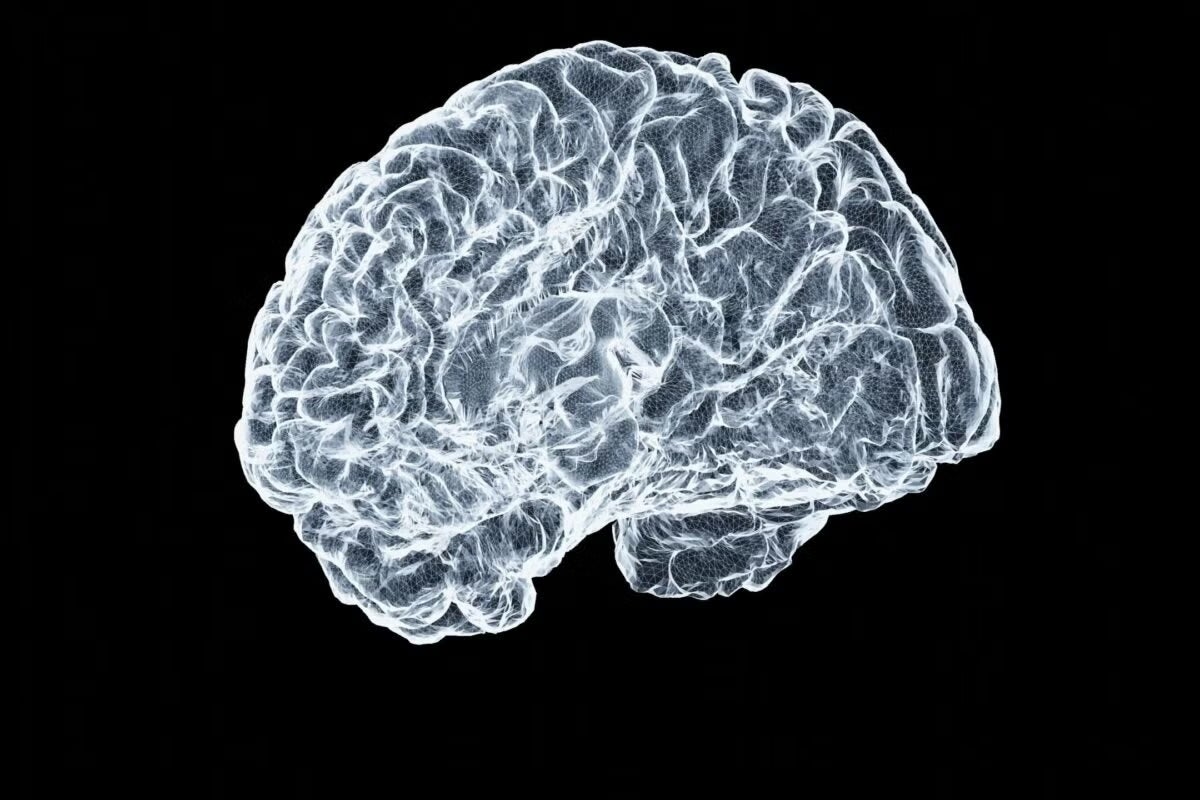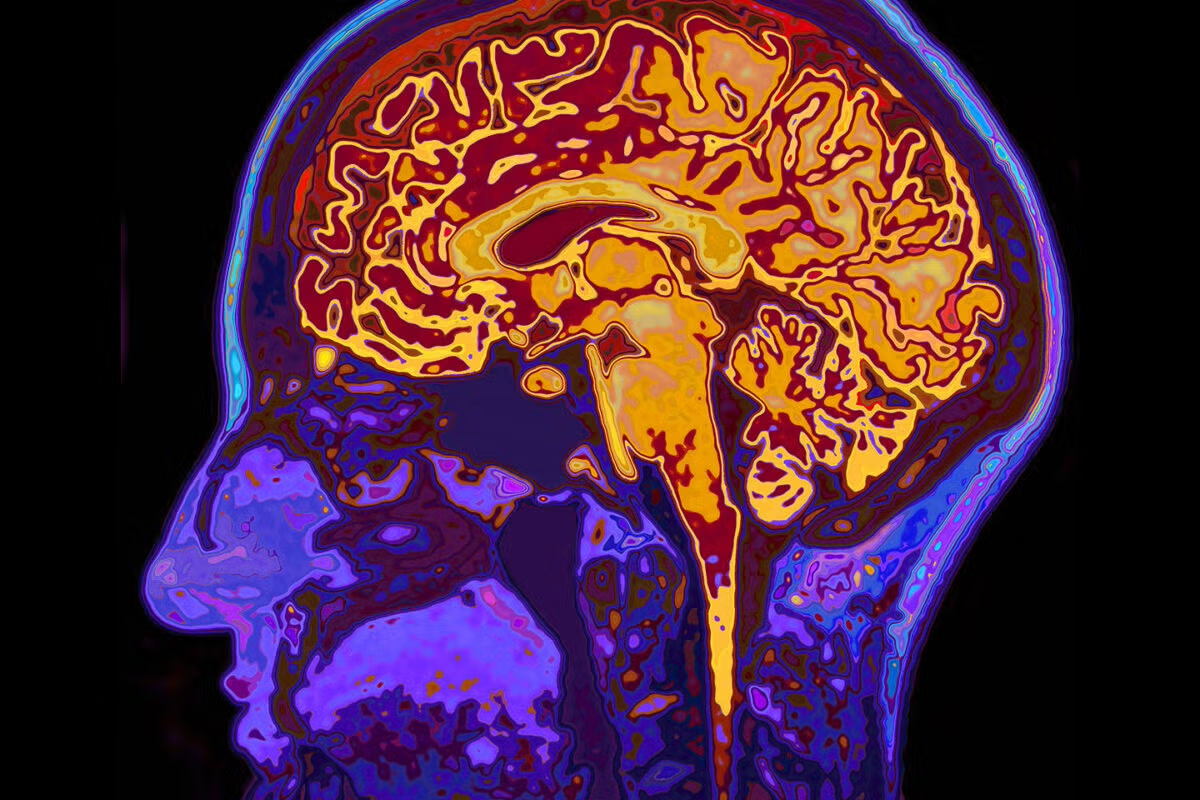Xue-Xin Wei Asks Basic Questions about the Nature of Intelligence
Learn more about Xue-Xin Wei's decision to join UT Austin's Department of Neuroscience as an assistant professor and his contributions to the field.

Image by Vivian Abagiu.
Xue-Xin Wei, a computational and theoretical neuroscientist, recently joined the Department of Neuroscience as an assistant professor. Wei grew up in Qingdao, China, before obtaining his undergraduate degree in mathematics at Peking University. His lab works at the intersection of computational/theoretical neuroscience, statistics, artificial intelligence and deep learning. He and his team work closely with experimental scientists to test predictions of computational models to form theory-experiment loops.
What led you to pursue work in computational and theoretical neuroscience?
During high school and my early years of college I was mostly interested in pure math. While pursuing my major at Peking University, I thought I would one day become a number theorist or perhaps study algebraic topology. But part of the beauty of life is you cannot really predict what is going to happen next. It turns out during the later years in college, I was gradually attracted to the question of the relationship between the mind and the brain, so I began to spend some time learning about philosophy and eventually realized that I would prefer to study the biological entity, i.e., the brain directly. After making that decision, I pursued a Ph.D. in psychology at the University of Pennsylvania. During that period, I started to use a computational modeling approach to study the brain. I then spent three years at the Center for Theoretical and Computational Neuroscience at Columbia University, and started to integrate statistical modeling and neural network modeling in my research.
What drew you to UT Austin?
UT Austin has a diverse and lovely community who are actively doing research on various aspects of the relationship between the brain and intelligence. The university has a very strong computational and systems neuroscience community, in particular when it comes to learning/memory and vision research. There are two big research centers here — the Center for Perceptual Systems and the Center for Learning and Memory — which align very well with my own research. For example, one of my research interests is to understand how the structure of the natural environment we live in determines the way we perceive things. This is also a central part of the research in CPS. In fact, a lot of the work that fundamentally shaped our current understanding on these questions was conducted at UT. I think it is fair to say that I grew up by reading the research and science produced here, so it's definitely a dream come true to have my home lab at UT.
What impacts do you hope to make on the field during your time at UT Austin?
My hope is that my work can have an impact in two ways. First, in terms of the basic neuroscience research, I would like to better understand the connection between the neural machinery and the behavioral outputs, in particular how the brain adapts to the statistical structure of the environment at various spatial and temporal scales. I believe the ability to adapt flexibly is a critical component of intelligence. If my research could help clarify some of these puzzles, to me that is already somewhat satisfying. Second, I think it's important to study artificial intelligence and biological intelligence (i.e., the brain) together. I hope that revealing the basic mechanisms of the computations happening in the brain will inspire us to build more robust AI for solving more challenging real-world problems. We still have a long way to go, but I am hopeful that we will eventually get there.
What would you tell undergraduate students interested in your field?
The brain is a fascinating system to study, and neuroscience is a quickly developing field. Researchers are making a lot of progress — every year and every day is getting even more exciting. If you are also interested in the brain, right now is a pretty good time to do something with it — maybe consider pursuing a major in neuroscience or gaining some relevant lab experience. For some of you, the computational modeling aspects of neuroscience may sound intimidating, but in fact you'll see it's quite fun, and it is not that complicated if you have a passion and deep interest in these problems.



